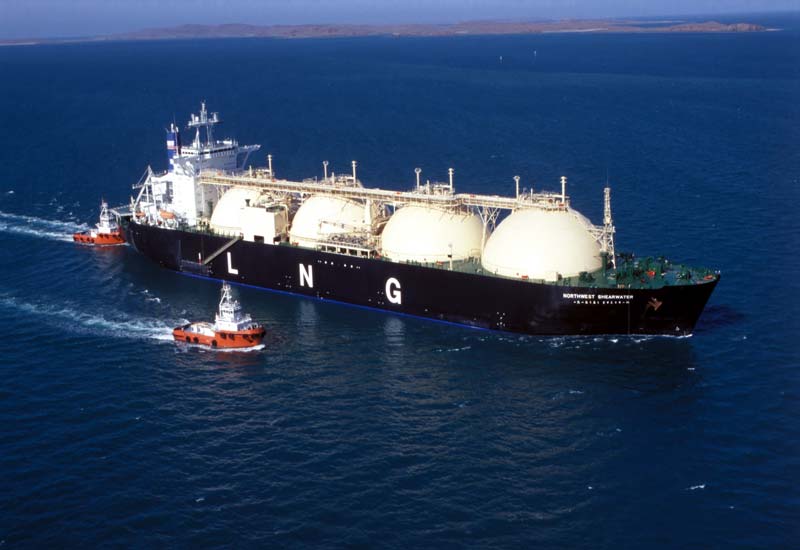The Nigerian National Petroleum Company Limited (NNPC) and leading energy conglomerate, Sahara Group have taken delivery of two 23,000 CBM Liquefied Petroleum Gas (LPG) vessels at the Hyundai MIPO Shipyard in Ulsan, South Korea.
The new carriers, the MT BARUMK and MT SAPET, have brought NNPC and Sahara Group’s joint venture investment to over N150 billion ($300 m), bringing the Joint venture’s (JV) gas infrastructure pledge to $1 billion by 2026 closer to reality. MT Sahara Gas and MT Africa Gas were previously part of the fleet. Hyundai MIPO Dockyard, a leading global constructor of mid-sized carriers, produced all four ships.
Recall, Investors King reported that Nigeria earned $868.5 million from gas exports and N13.36 billion from domestic gas sales, according to an examination of the gas revenue statistics and other monthly reports acquired from the Nigerian National Petroleum Company Limited.
Data from the oil firm showed that the Federal Government, through NNPC, garnered the funds from the sale of Natural Gas Liquids/Liquefied Petroleum Gas, as well as Nigeria Liquefied Natural Gas feedstock.
West African Gas Limited (WAGL), a joint venture between NNPC and Oceanbed (a Sahara Group subsidiary), is driving NNPC’s five-year $1 billion investment plan which was announced in 2021, to expedite the decade-long gas and energy transition strategy.
To the joy of visitors, NNPC’s GMD, Mele Kyari, announced that an order for three more new vessels was being finalized, adding, “We have an objective of delivering 10 vessels over the next 10 years. In our energy transformation quest, the NNPC and our partners stand out for their integrity, and our commitment to environmental sustainability is steadfast.”
WAGL and Sahara Group have invested in the JV with MT BARUMK and MT SAPET. WAGL is strengthening its gas fleet and terminal infrastructure, while Sahara Group continues to make significant progress in the development of over 120,000 metric tonnes of storage facilities in 11 African nations, including Nigeria, Senegal, Ghana, Cote d’Ivoire, Tanzania, and Zambia.
“This is another epoch-making achievement for the NNPC and Sahara Group, and we remain firmly committed to delivering more formidable gas projects for the benefit of Nigeria and the entire sub-region,” Kyari said.
Executive Director Sahara Group, Temitope Shonubi stated that “WAGL has successfully operated two mid-sized LPG Carriers MT Africa Gas and MT Sahara Gas in the region in accordance with worldwide standards, transporting over 6 million CBM of LPG across West Africa, with the new vessels, we will be able to accelerate and lead Africa’s energy revolution.”

 Naira4 weeks ago
Naira4 weeks ago
 Naira4 weeks ago
Naira4 weeks ago
 Travel3 weeks ago
Travel3 weeks ago
 Jobs4 weeks ago
Jobs4 weeks ago
 Naira3 weeks ago
Naira3 weeks ago
 Naira3 weeks ago
Naira3 weeks ago
 Investment4 weeks ago
Investment4 weeks ago
 Travel4 weeks ago
Travel4 weeks ago






















